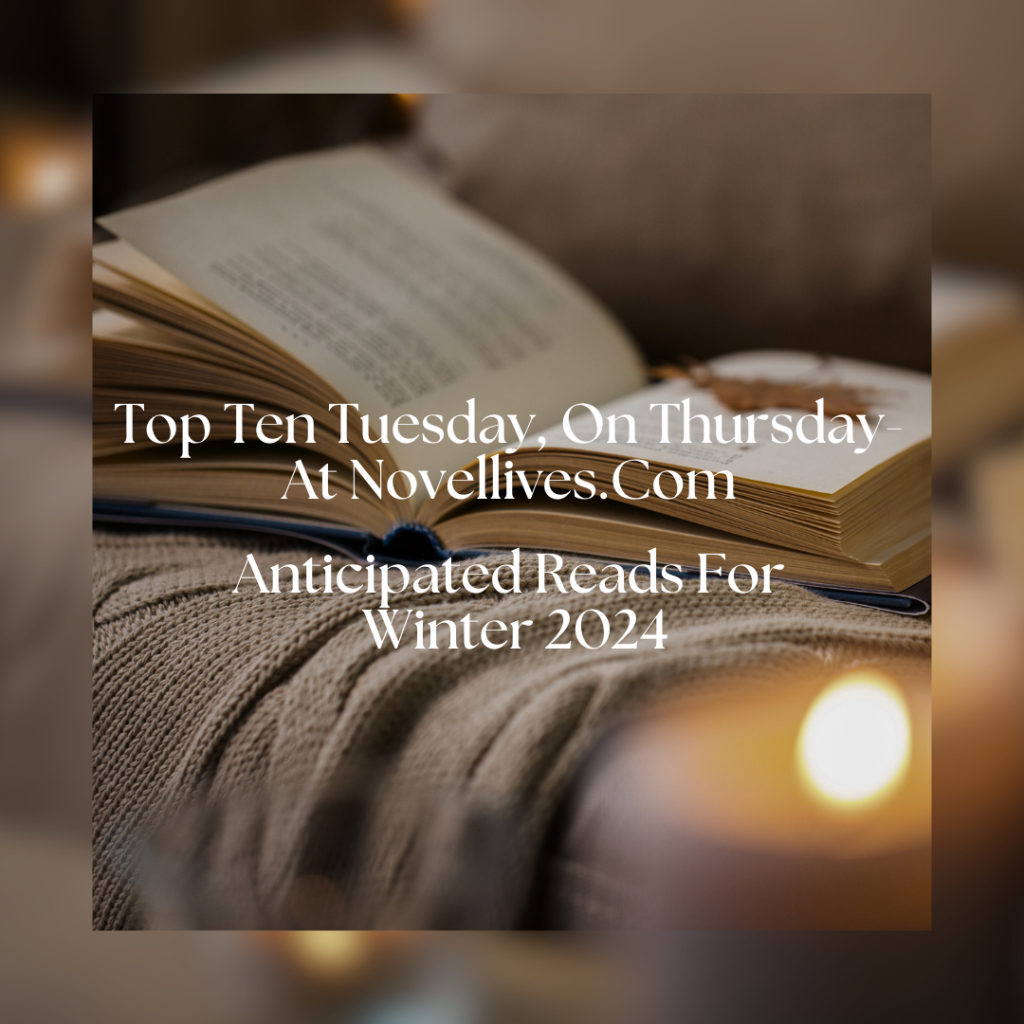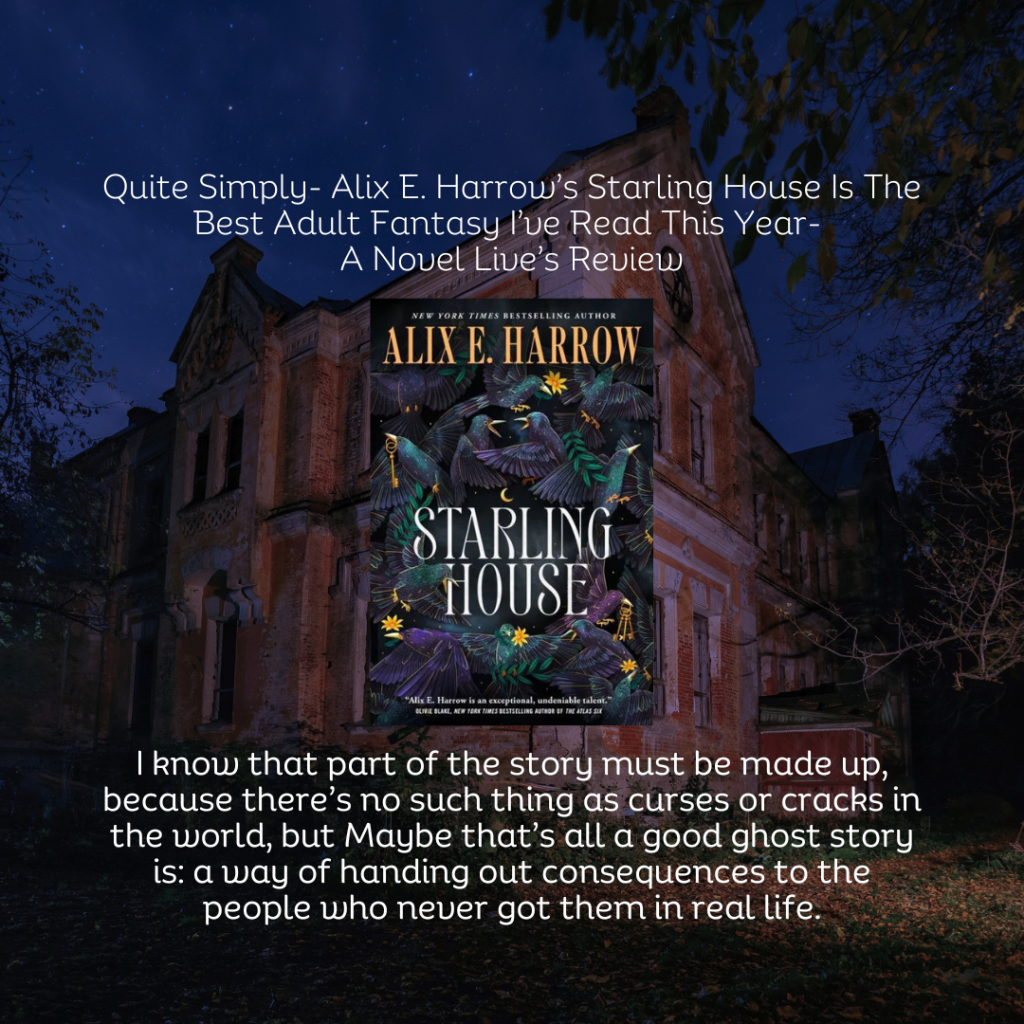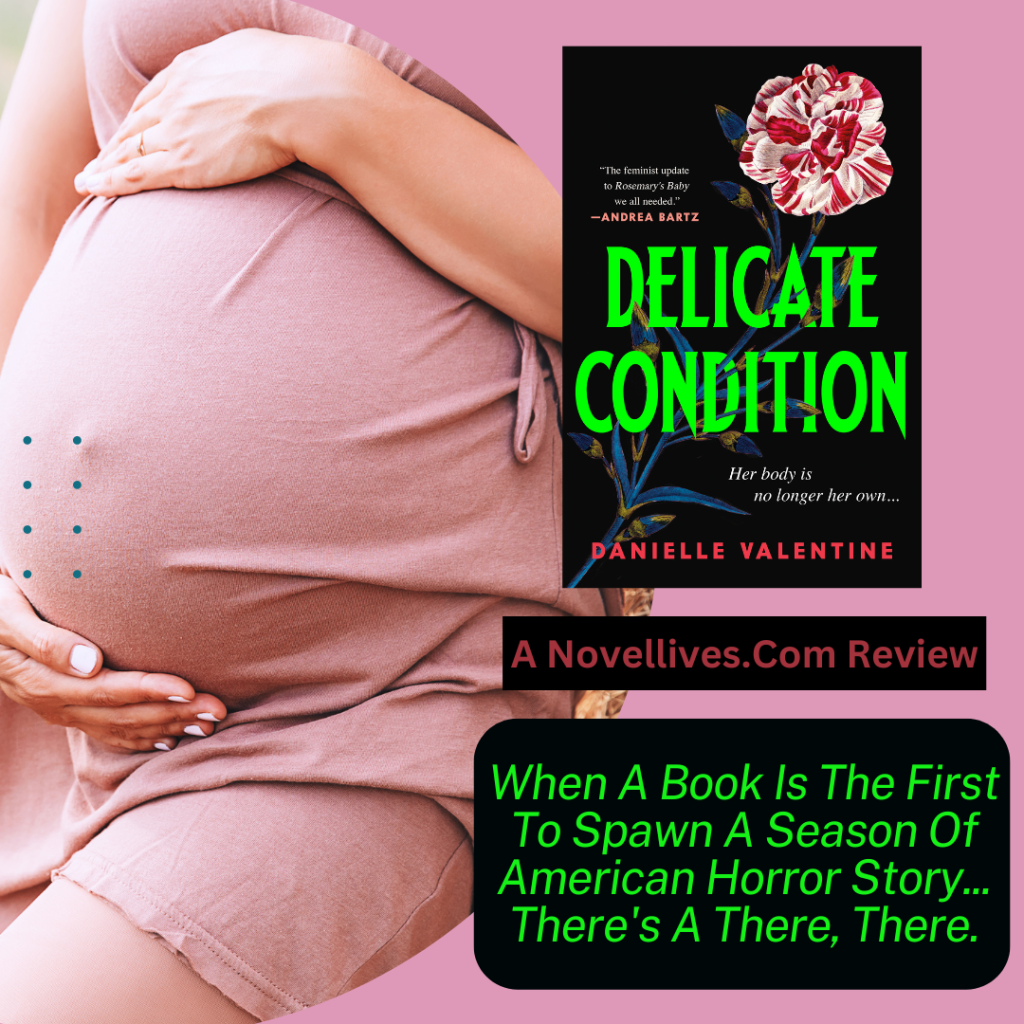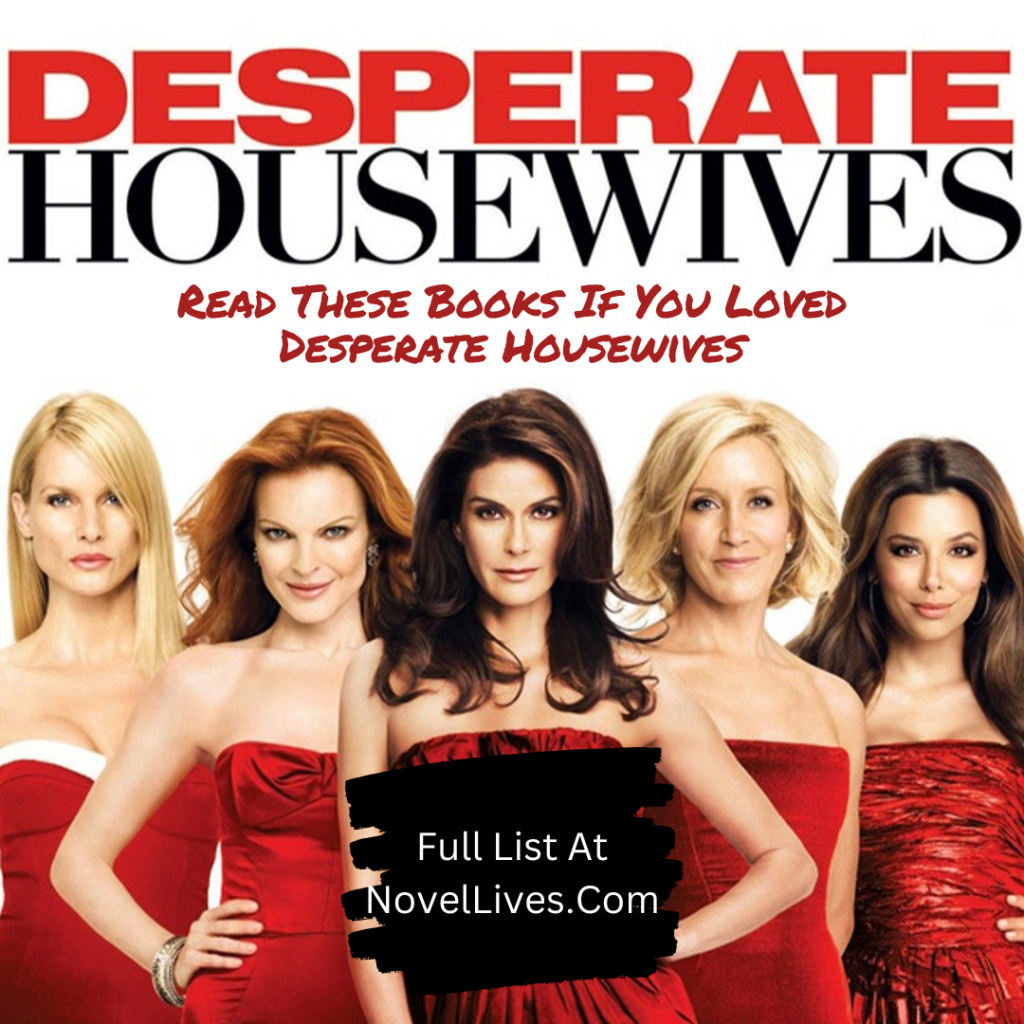The Fantasy Genre (YA or Adult) is known for enhanced abilities, inspired worlds with characters facing immeasurable odds versus unyielding villains. If you are looking for that in Margaret Owen’s (Q and A Link) debut The Merciful Crow (Pre-Order From Owen’s website here) you will find it, in spades. Remarkably, it is the unexpected take on social injustice, classism and inner demons we all fight that catapults The Merciful Crow beyond the traditional Fantasy Genre.

Owen demonstrates bravery within a crowded fantasy genre in not just tackling the content of these issues, but in how deftly she threads them throughout the story. It is not with a hammer that Owen beats the reader in the head screaming SEE THE MORAL INDIGNATION (Man vs. World) or SEE THE CHARACTER’S CONFLICT WITHIN THEMSELF (Man vs. Himself).
Owen realizes that it is with a whisper, the scalpel of a skilled surgeon, not Thor’s Mjolnir that will wield the most impact. By not overpowering the story, but instead allowing it to breathe life into the themes she would attempt to communicate that they would be most impactful. The themes within The Merciful Crow range from a world view to those that many have experienced as mere growing pains, to those that <ahem> adults still struggle with day-in, and day-out.
Inner Conflict: Duty vs. Desire
-
- Main character Fie, must decide after a devastating tragedy whether to go against a sacred oath to “protect her own” with no guarantee to ever fulfill that oath again or trust those that put her in that position.
Crows had one rule. Look after your own…
“Your father said to keep the oath,” Tavin said, staring down the broken end of the sword.
“Damn you.” Fie screamed…
What do you want Fie?…
She wanted to kick Tavin’s teeth out and use them to heal herself of everything Hawks had done today.
She wanted to teach the… price for crossing a Crow witch.
Give them fire, hissed the Phoenix teeth…
All of her wanted to.
But it wasn’t her oath to break…It wasn’t her price to pay. It was every Crow’s.
She could burn it all down and run…
Fie stood, motionless, for a long moment. Then she stuck the sword through her sash, slumped against the wall and stuck out a bloody hand.
And at that moment, Fie found what her Chief voice sounded like.
“Fix my hand. And tell me where in twelve hells we’re going.”
Classism
- There are a few points to be made regarding classism. Some are personal due to the lens with which I read the book through, although I suspect they are universal to many. Others are connections from other media formats. Some are connections to the world as, again, I’m sure we have all experienced and/or seen daily.
- Fie’s Crow Caste is not recognized by the nation of Sabor. Yet it is depended on by every other Caste to deal with the plague of sinners, by providing mercy to those on the brink of death. Thus not wiping out entire villages. Crows are the only caste able to perform this duty as they are untouched by the plague. They are payed for such services, but the method of payment and how much is determined by the payer.
- Despite the essential service provided and hardened life they live traveling from beacon to beacon, they are hunted nightly by Oleanders. This group of racist vigilantes go unchecked seeking to kill every Crow it finds.
-
- In fact, they are being courted by the Queen of Sabor. Should the King die, the Oleanders will have unlimited reign and the support of the Hawk Caste of hunters to commit genocide both day and night. Fie’s purpose for honoring her Chief’s oath with the heir to the throne of Sabor and his Hawk bodyguard is stopping this at all cost, for the entirety of the Crow Caste. While many, both in the fictional and real world make promises, as the highness has, even with the best of intentions they often come to find that they neither understand the issue at hand, nor the complexities of solving them.
“It’s everywhere… The Oleanders, the markets in Cheparok, everything. You’re right, you’ve been right this whole time, I know it, and Jas knows it, and the reason <Tavin> don’t want to look at him is because we both told you we’d fix it and… and I don’t think we can.”
Injustice
-
- It is easy for those in power to prey upon those who are weak. It is as easy for those not in the top echelons of power, but still not at the bottom rung. Even if it is middle-class vs. the lower-class. When everyone is struggling for just an edge, people start looking for the slightest advantage. In this case it is both the Splendid Castes and the Hunting Castes that need to realize the Crows are a part of Sabor. And then, make not only the heir to Sabor’s throne, but the entire ruling class recognize the problem exists, let alone agree to rectify it.
- Because from royalty on down? As long as those that are on the lower dregs of society serve their purpose and don’t disrupt the status quo? Then there is no reason to do anything but make excuses for not making changes.
You can kick us around anytime because we all know that if we kick back, <hawks> just put on some white powder, call yourselves Oleanders, and cut every one of us down.
She couldn’t stop herself.
“And even if you don’t, you just look the other way, and when they’re done you say we provoked them, we brought it down on our heads, we’re the ones who ought to hold our tongues, and take the high road, we always pay so you don’t have to… You see how we’re treated on his family’s watch, and you still tell yourself he’ll be a good king.”
It is easy to see where the cycle of injustice starts and continues. Even for Fie who finds herself consumed by such rage that even she gets caught up in the realization that it is horrifyingly easy to “hit those that can’t hit back”.
Recognizing that, that was why the Crow Caste has been dismissed, deemed not worthy of protection, fair pay, let alone citizens of Sabor, despite their dutiful service to Sabor for so long.
It is through a long road and a blood bound oath between the heir to Sabor and the young Chief of the Crow Caste, whose humanity is unrecognized by its nation that a light begins to shine a on what has remained in the dark corners of Sabor.
They are escorted by the duty-bound bodyguard of the Hawk Hunting Caste for the prince of Sabor. A caste supposedly honor bound to protect.
But how easily is that honor bought and sold for their own survival? Then aligning with the Oleanders and no protection at all when the Hawk Caste survival’s is at stake.
Merciful Crow will give those highly anticipating what a story fitting of the fantasy genre entails, what they are waiting for, in every turn of the plot and twist in the road. The ending will keep them enthralled for the next installment. Owen has a gift for dialogue and witty interaction that I hope is brought more to the forefront as the series progresses.
However, I hope everyone looks for the deeper themes Owen has woven throughout The Merciful Crow. They are integral to not just our daily lives but to everything swirling around our world at a breakneck speed.










I thought this was such an introspective review, most of the time I don’t think that deep and so I was beyond impressed by your break down of points and the actual points themselves. I’ve been waiting for your review of this, I can’t wait to read it!
Thank you! I appreciate you kind words and support. It is easy to do when the material is strong 🙂
I think you did a great job highlighting all of the underlying themes of the book. I loved how dark it was and the characters the most. I felt like the caste system made for an interesting political system and a very interesting plot.
Thanks! The characters were well done and the caste system/politics are what made the themes run for sure.
I found it to be a really entertaining read.
Thanks for the great review! I’m about to start the next book in a few days, and reading this was such a great way to remind myself of what has happened so far. This was a really well thought out review and discusses not just the plot points, but the many deeper themes involved!
I’m glad you enjoyed the review and that it helped you prepare for Faithless Hawk. FH has all of what made MC amazing and just so much more!!!! I can’t wait to see what you think of it!